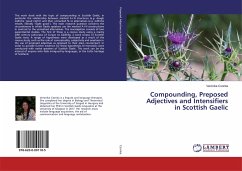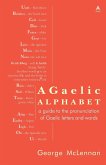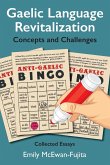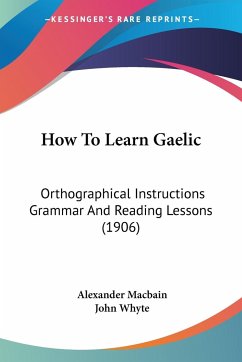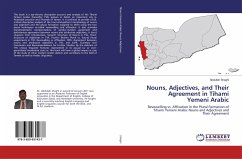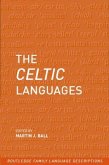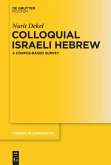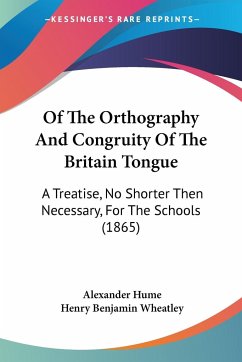This work deals with the topic of compounding in Scottish Gaelic, in particular the relationship between marked A+N structures (e.g. deagh oidhche 'good night') and their unmarked N+A alternatives (e.g. oidhche mhath, literally 'night good'). The main research question concerns the circumstances in which Gaelic speakers use the marked A+N constructions in contrast to the unmarked alternatives. The investigation consists of two experimental studies. The first of these is a corpus study using a mainly 20th century subcorpus of Corpas na Gàidhlig, a word corpus of Scottish Gaelic texts. A range of hypotheses were developed as a result of the corpus study, such as the role of conceptuality, subjectivity and emphasis in the use of preposed adjectives as opposed to their plain counterpart. In order to provide further evidence for these hypotheses,10 interviews were conducted with native speakers of Scottish Gaelic. This work can be the interest of anyone who feels intrigued by languages, or the Celtic heritage of Scotland.
Bitte wählen Sie Ihr Anliegen aus.
Rechnungen
Retourenschein anfordern
Bestellstatus
Storno

